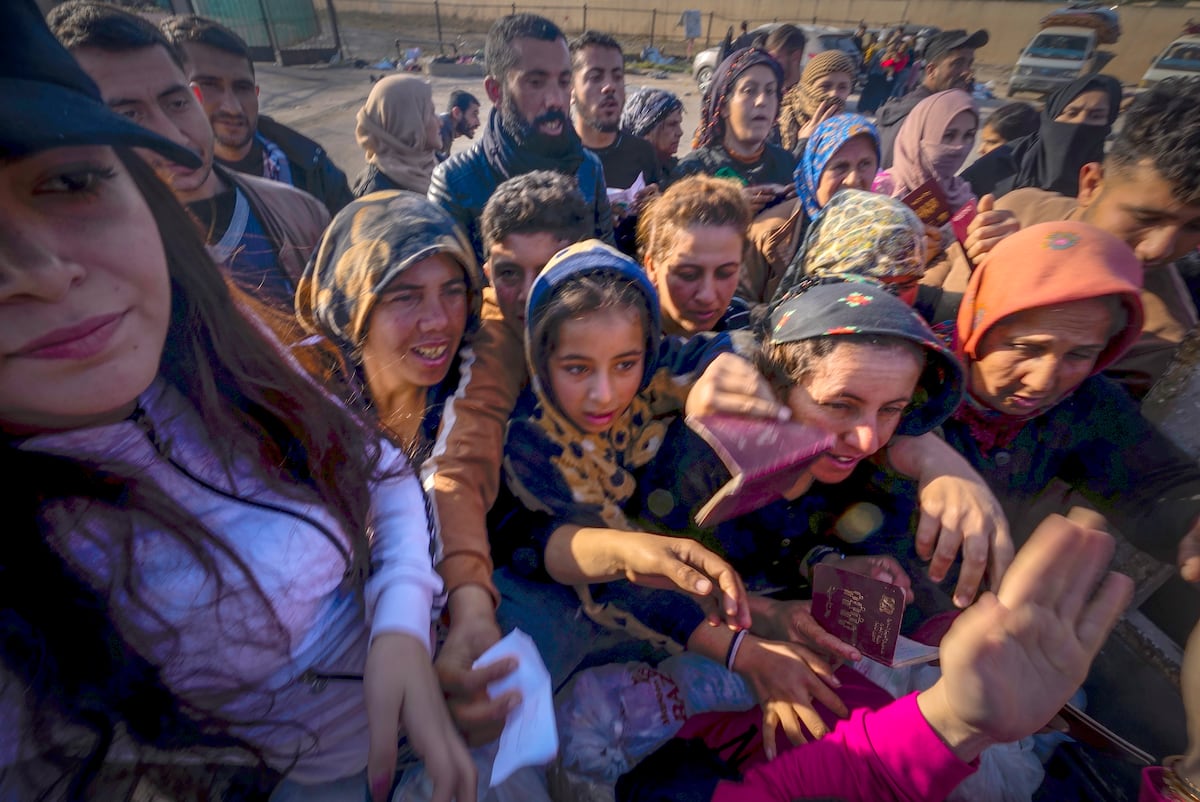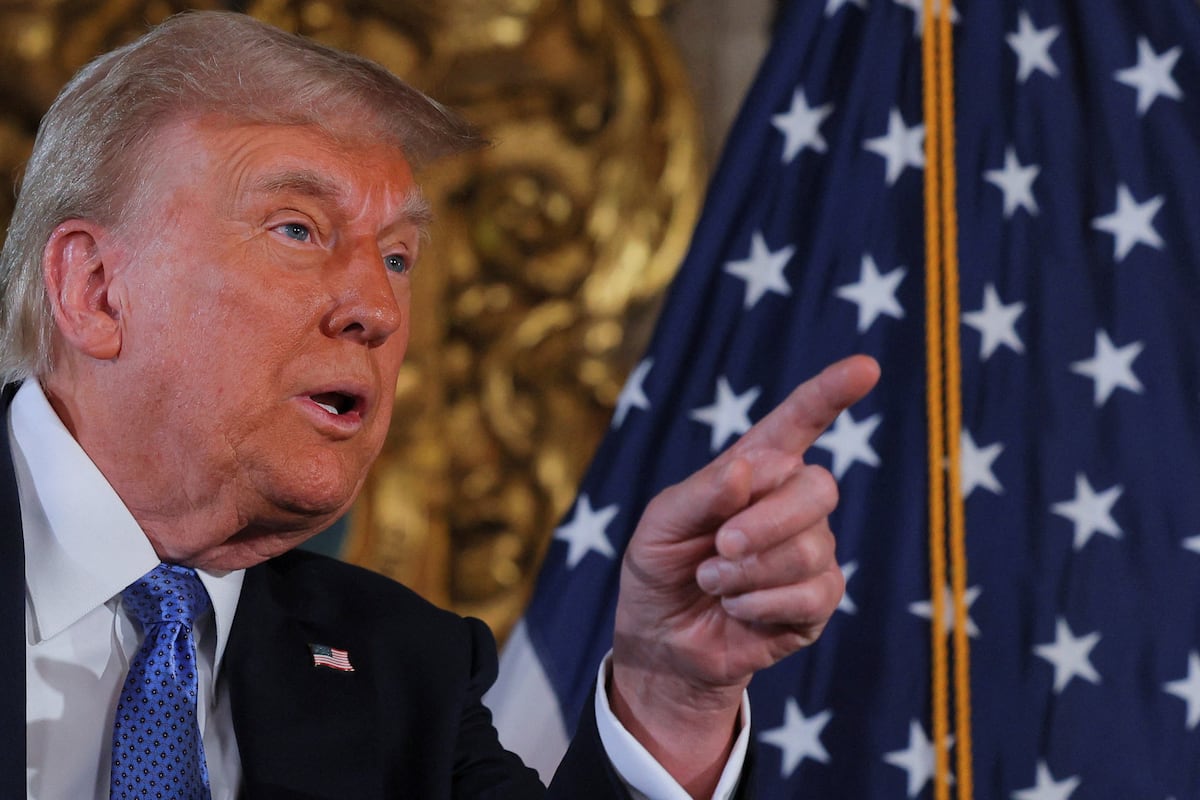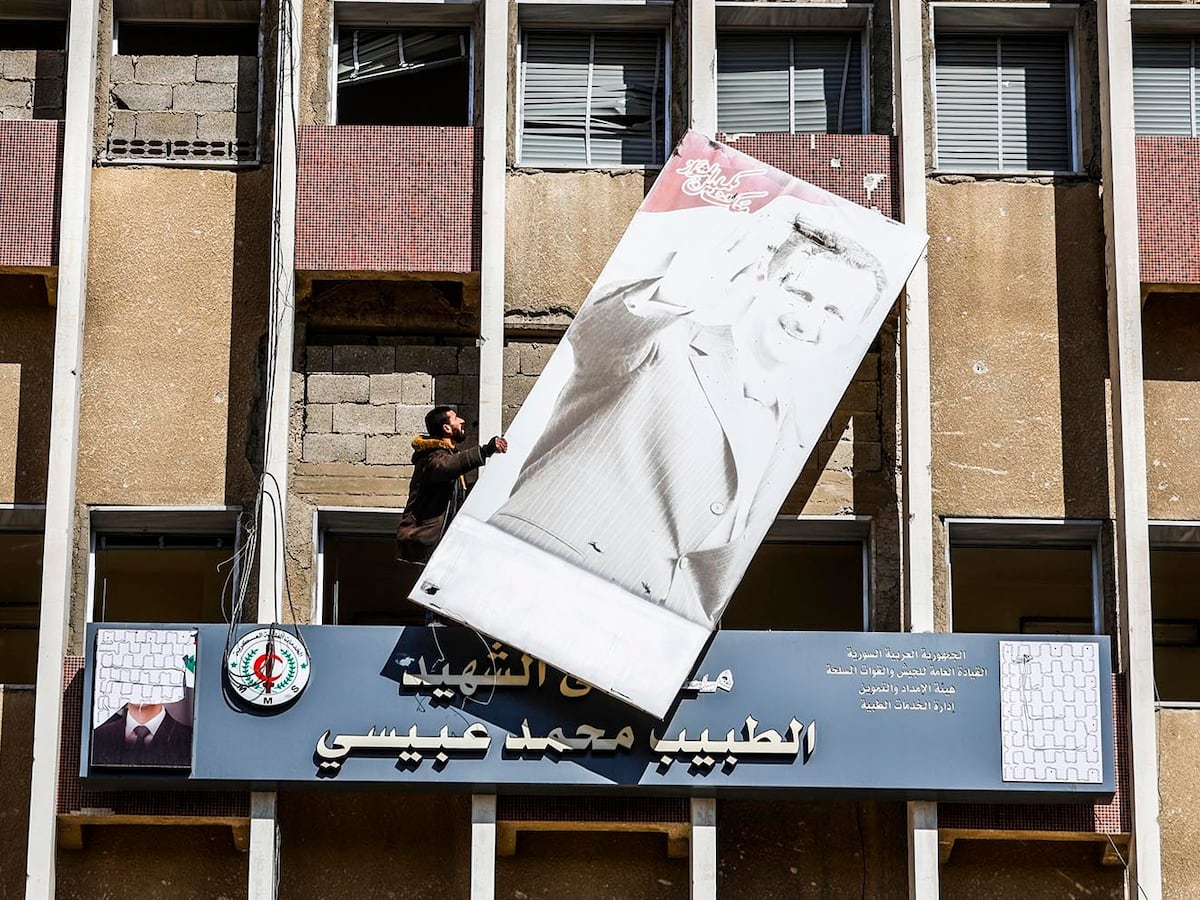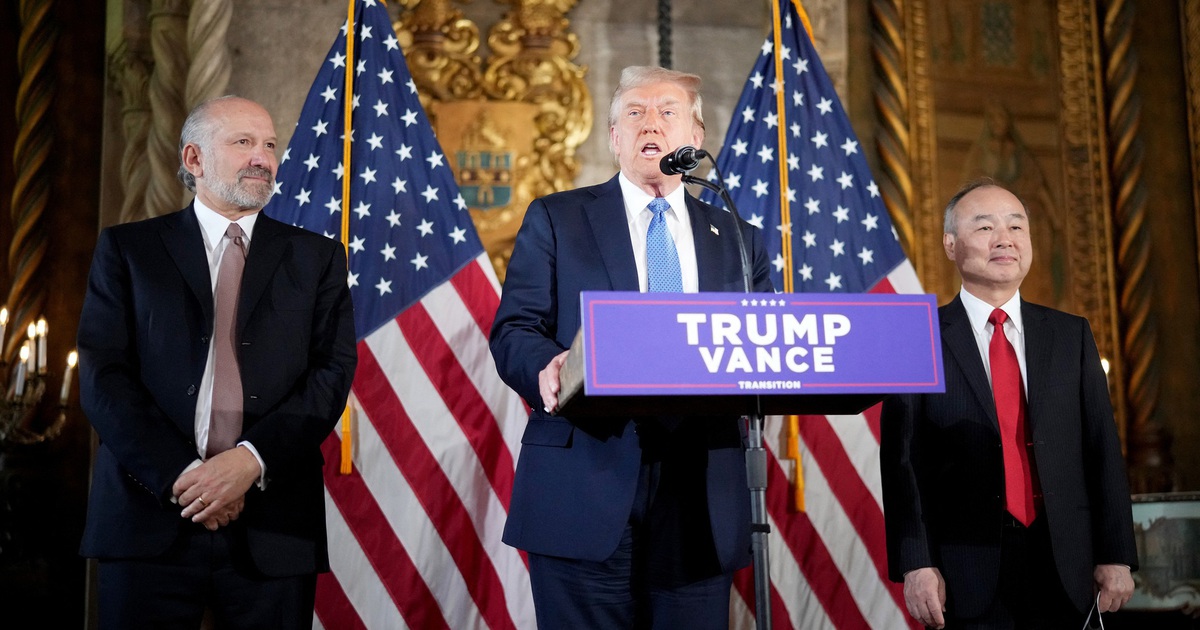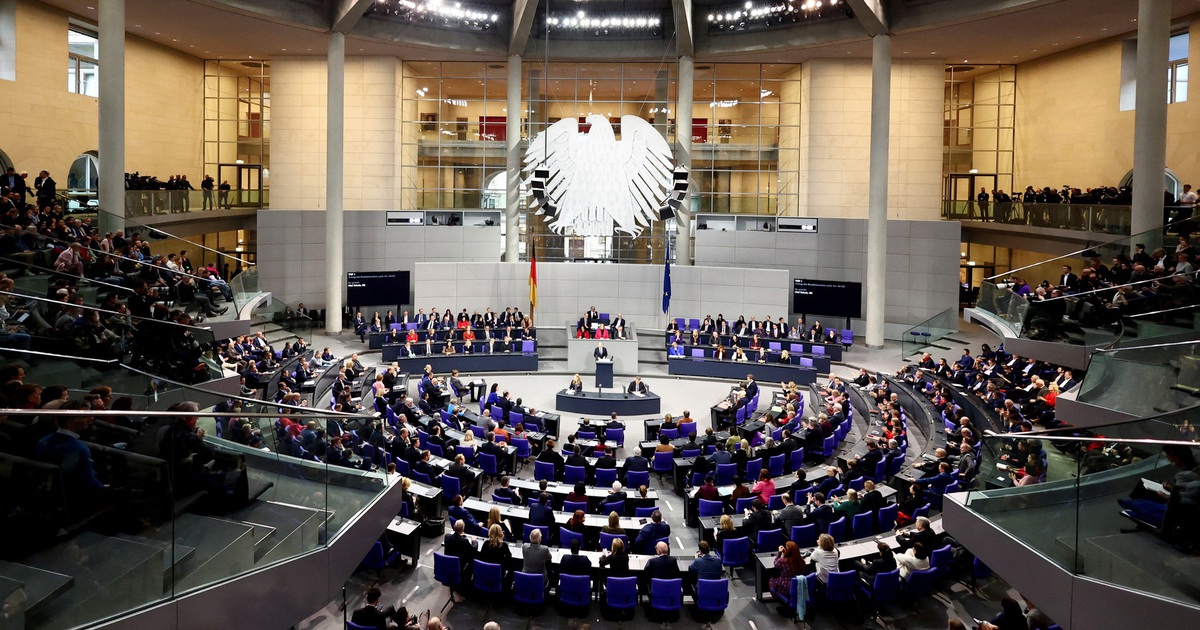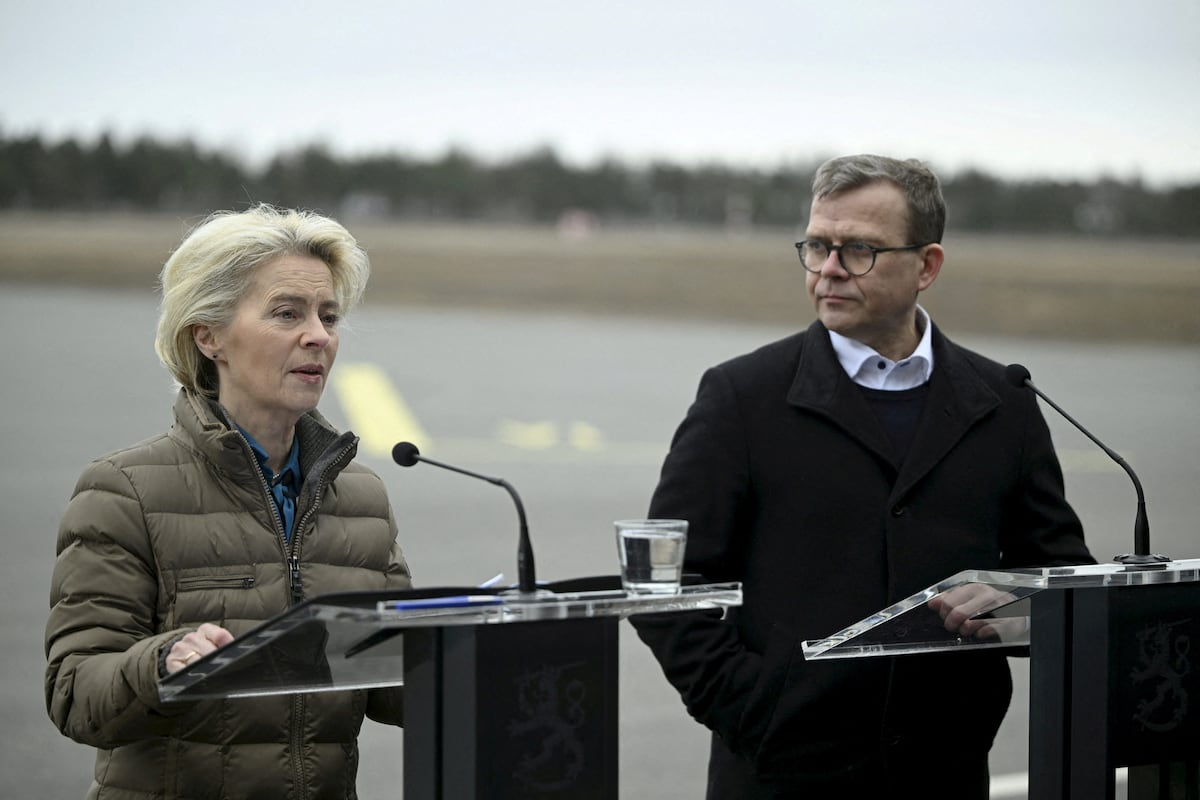A loud explosion precedes the vibration of the glass in the room on the sixth floor, where the hotel is located. In the distance, two enormous fireballs completely illuminate the sky at times, transforming it into broad daylight; Just then Mohamed passes through the open door of the room. “Israel,” he says, gesturing with his hands. He is one of the workers at the hotel located in the former Bashar al-Assad regime area in the city of Qamishli, in northeastern Syria. Mohamed has perfect American English learned from movies on television with Arabic subtitles. Despite his youth, he has that mix of informational curiosity and innate political wisdom capable of analyzing and understanding the things that happen in his country.
The new Syria is trying to make its way in a context of explosions, hardships and quarrels inherited after more than 13 years of war. The new authorities try to reassure the world to gain legitimacy. Ahmad al Shara, until now known as Abu Mohamed al Julani, the leader of the fundamentalist group that has led the overthrow of the regime, assured this Wednesday that the governments of the world should not be concerned about the situation in the country after the change of leaders. “Foreign governments should not worry about the situation in Syria,” said Al Julani, according to Syrian television now controlled by the fundamentalist group that leads the opposition, HTS, in statements reported by the Efe agency. The statements come a day after Mohamed al Bashir – former head of the Salvation Government, the political branch of HTS – has been entrusted with the transition phase of the new Government in Syria.
As confirmed later, the explosion in the vicinity of the hotel was, in fact, due to an Israeli bombing of what was the military base of El Asad and his Russian allies in Qamishli. Several anti-aircraft defense systems, warehouses and trucks transporting military weapons were hit precisely and surgically on this occasion. It can be seen the next morning: the impacts only hit the moving trucks directly; one of them even attempted an evasive maneuver by leaving the road, which was ultimately in vain.
These attacks are in addition to the more than 330 that Israel has carried out since the fall of the Assad regime this Sunday, but they differ from the rest because they have been in one of the bastions of Syrian Kurdistan. Located in the north of the country, this region, which has an autonomous government, has a different reality. Syria was always kaleidoscopic, and was always crossed by the groups that divided it. Now, with the fall of the dictatorship, a new phenomenon has been created.
The world is intoxicated by the fall of the dictator in a constant celebration, which aims to show the monstrosities of the monster, but today’s Syria is controlled mainly by a rebel alliance made up of several groups, and with an uncertain government and project, which at best may provide a certain period of stability, led by Al Shara. The staging is reminiscent of the worst days of Mosul (Iraq) with the proclamation of the Islamic State (ISIS).
But there is another Syria, mired in suffering and despair since 2011, now overshadowed by developments. In this other Syria, which apparently maintains the usual normality, with its shops open until late at night and the noise of electric generators invading the entire city, there are also desperate people who run after a truck with food to treat to get one of the bags with food because those in charge of distributing the food are incapable of containing the great hungry mass. “We haven’t eaten for a day,” says Ahmed. Although the Kurds show their best intentions by welcoming displaced people who have fled Aleppo and other areas, the reality is that no one expected or was prepared for this mass of refugees once again.
Not far away there is a temporary reception center in a school where seven recently arrived families await their relocation. “Now, the flow is small, but there were days when up to 1,000 families arrived in a single day,” says Mahmud, one of the people in charge of the center. The problems that Syrian Kurdistan faces not only involve the refugee crisis, but also what Türkiye’s intentions will be.
The scenario for northern Syria is dark because, in addition to the forces supported by Türkiye, it faces the jihadist threat. “Yesterday they killed two ISIS terrorists and wounded two more, on the outskirts of Raqa, when they attacked a checkpoint”says Newsra, a Kurdish woman who has just returned from this city. Incidents are daily. “The sleeper cells are very active now,” confirms an officer who prefers not to give his name. Anti-terrorist operations are the order of the day.
Raqa was one of the three capitals of the caliphate, along with Mosul in Iraq, where ISIS leader Abubaker al Bagdadi proclaimed it in the summer of 2014, and Sirte, in Libya. Now, the city’s stadium, which ISIS used as a prison, where it murdered and tortured, has been converted into a reception space for refugees trying to flee this new war.
A conflict to which old problems are added with no apparent solution and that not only affect the northern part of the country. Among them, inflation. The current local currency exchange rate of 100 dollars is a bag full of money, seven huge bundles of 2,000 Syrian pound notes. The Palace, one of the best restaurants in Qamishli – run by the same owner for years and who does not speak a word of English, because it was frequented by sympathizers and soldiers of the regime – continues to maintain the prices, but as long as you pay in foreign currency. foreigner.
The future of northern Syria also depends on the US and Russian bases that remain in the region. General Kino Gabriel, of the Syrian Democratic Forces (SDF), an alliance of Kurds and Arabs supported by the US, participated in the campaign against ISIS. He was the spokesperson for this coalition of militiamen during the war that culminated in the end of the caliphate in Baguz, in March 2019. “The Americans,” he says, referring to the current deployment of around 900 US soldiers in Syrian territory, “they will not leave.”

